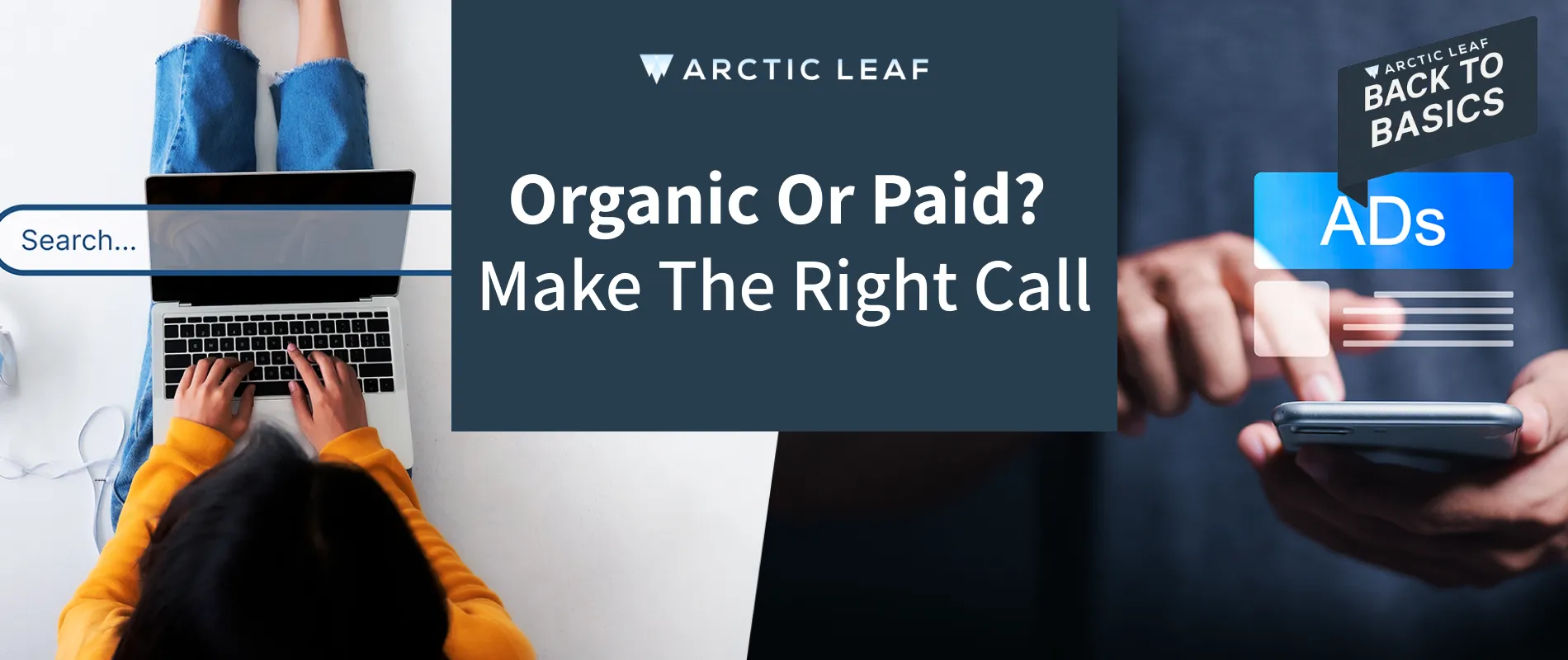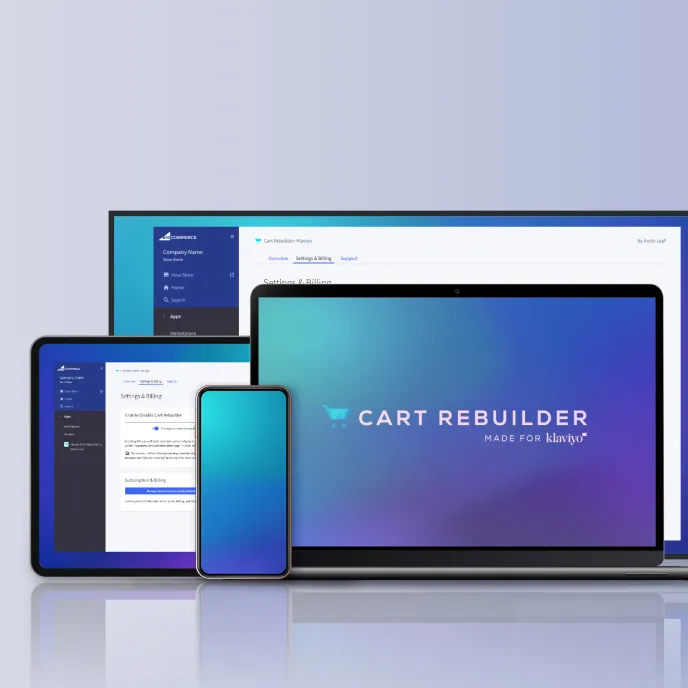SEO vs. PPC: Which Digital Marketing Strategy is Right for You?
Key Takeaways:
-
SEO builds long-term traffic through optimized content, backlinks, and keyword targeting.
-
PPC delivers immediate visibility and traffic but requires ongoing investment for results.
-
SEO takes time to rank but offers lasting organic growth without recurring costs.
-
PPC offers highly targeted traffic based on search intent, location, and device.
-
Combining SEO and PPC amplifies results, blending organic growth with paid visibility.
Digital marketing gives you plenty of ways to get your brand in front of the right people. But choosing between SEO and PPC isn’t always straightforward. Whether you're optimizing for organic search or working with a PPC agency to run targeted ads, knowing the strengths of each strategy helps you make the right call for your business.
What is SEO? Understanding the Basics
Search Engine Optimization (SEO) gets your site in front of the right people without paying for every click. Ranking higher in search results comes down to relevance, speed, and usability, as search engines reward sites that deliver value, load quickly, and keep visitors engaged.
Core parts of SEO:
-
Keyword Optimization – Using the right search terms to rank for what matters.
-
On-Page SEO – Structuring content with strong headings, meta tags, and internal links.
-
Technical SEO – Making sure your site runs fast, works on mobile, and is easy to navigate.
-
Off-Page SEO – Earning backlinks from trusted sites to build authority.
SEO takes time, but the payoff lasts. Unlike paid search, where traffic stops when ads stop, strong SEO keeps working, bringing in visitors and building credibility over time.
What is PPC? The Power of Paid Traffic
Pay-Per-Click (PPC) advertising gets your business noticed at the top of search results, fast. Instead of waiting for organic rankings, you bid for ad placement and only pay when someone clicks. PPC marketing is a fast way to get traffic, but it requires ongoing investment to maintain visibility.
Core parts of PPC:
-
Ad Bidding – Competing for placement based on budget and keyword relevance.
-
Targeting – Reaching specific audiences based on location, device, and search intent.
-
Campaign Management – Adjusting bids, testing ad copy, and refining strategies for better performance.
-
Performance Metrics – Tracking ROAS (Return on Ad Spend) and ROI (Return on Investment) to measure success.
A well-structured pay-per-click campaign can generate immediate results and strong returns. Unlike SEO, which builds momentum over time, PPC stops working the moment you stop paying, making budget management a critical part of the strategy.
Pros & Cons of SEO vs. PPC
|
Strategy |
Pros |
Cons |
|
SEO |
Cost-Effective: Upfront investment in content and optimization, providing long-term results without paying for clicks. |
Slow Results: Takes time to rank and gain traction, making it a longer-term strategy. |
|
Sustainable Growth: Once you achieve rankings, organic traffic continues to build authority over time. |
Complexity: Requires constant attention to stay on top of search algorithms and best practices. |
|
|
PPC |
Immediate Traffic: Provides instant visibility and immediate traffic. |
Ongoing Costs: Requires a steady budget to keep your pay-per-click campaign running. |
|
Highly Targeted: Control who sees your ads based on location, time, and device. |
Short-Term Results: Traffic stops once you stop paying for ads. |
How to Decide Which One to Use for Your Business
Choosing between SEO and PPC depends on what you want to achieve for your business. If immediate visibility and quick results are your priorities, PPC is the way to go. It’s ideal for time-sensitive campaigns like promotions, new product launches, or businesses aiming to make an immediate impact. With PPC, you can target specific keywords and control who sees your ads, providing instant traffic.
On the other hand, if you're focused on long-term growth and building sustainable traffic, SEO is the better option. The SEO definition centers around optimizing your website for organic search, making it a cost-effective strategy that pays off over time. Search engine optimization, meaning improved site structure, content, and backlinks, will build credibility and attract steady, long-term traffic. While it takes more time to see results, SEO builds a foundation that continuously brings in new visitors without ongoing costs.
For a well-rounded digital marketing strategy, consider using both PPC and SEO. Search engine marketing can be optimized to support both paid and organic efforts, helping you achieve both immediate results and long-term growth.
Best Practices for Combining SEO & PPC for Maximum Results
Why settle for one when you can have both? Combining SEO and PPC marketing offers a powerful way to amplify your digital marketing efforts. Here’s how:
-
Align Your Campaigns: Use PPC data to inform your SEO strategy. The keywords that work well in your paid search campaigns can guide your organic keyword targeting.
-
Test and Optimize: Use PPC advertising to test different keywords, landing pages, and ad copy. Once you find what works, implement it into your SEO strategy for even better results.
-
Cross-Channel Insights: SEO gives you the foundation for strong content, while PPC gives you the visibility to test and refine it. Together, they create a robust approach to attracting both organic and paid traffic.
Combining SEO and PPC optimizes your strategy and strengthens your digital marketing efforts. With the right approach, these two tactics work together to drive more targeted traffic, refine your strategy, and deliver stronger results.
Conclusion
Whether you choose SEO or PPC depends on your business goals. But in many cases, using both in tandem can help you get the most out of your digital marketing strategy.
As a full-service digital marketing agency, Arctic Leaf specializes in crafting tailored solutions that align with your goals. Ready to get your KPIs up? Let’s talk.





